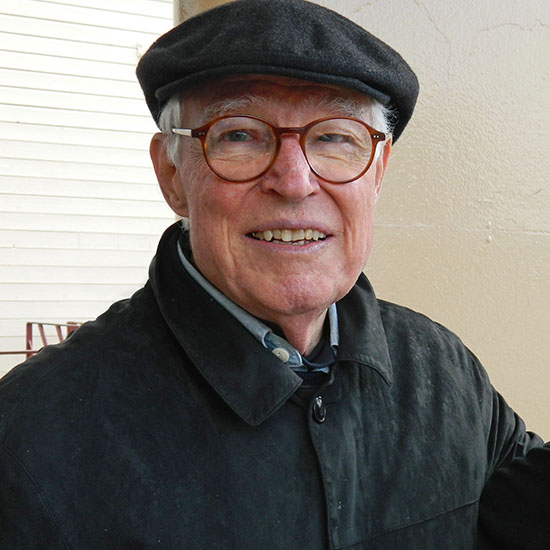browngrotta arts lost a close friend and the world an influential designer last month, with the passing of Niels Diffrient. With an academic foundation in design and architecture and a degree from Cranbrook Academy, Diffrient channeled his knowledge of engineering, architecture and human factors into the creation of highly functional and aesthetically timeless designs, including the Freedom, Liberty and World chairs for the company Humanscale. His three-volume reference work, Humanscale 1/2/3, Humanscale 4/5/6, and Humanscale 7/8/9 explored the relationship of spine to chair and contributed to the quest for the totally comfortable place to sit down. In 2002, he told TED audiences about his early design inspirations — aircraft and aviators in the 1930s — and much more. You can watch him at:
Diffrient’s was an interesting personal story, which he covered in a memoir last year, Confessions of a Generalist. He was refreshingly forthright, in a way that those of us from the Midwest recognize and appreciate. Born on a farm in Star, Mississippi in 1928, his family moved to Detroit in search of work. Diffrient attended Cass Technical High School in Detroit, Wayne State University and completed a BFA at Cranbrook Academy of Art, Bloomfield, Michigan. At Cranbrook, he worked with Eero Saarinen on contemporary chairs for Knoll. After graduation, traveled to Italy on a Fulbright Scholarship in 1954 and worked on the award-winning Borletti sewing machine. Returning to the US, he joined Henry Dreyfuss Associates and worked on products for, among others, John Deere, Polaroid and Bell Telephone. He taught at UCLA and Yale. He moved to Ridgefield, Connecticut with his wife, textile artist, Helena Hernmarck, in the early 80s and founded Niels Diffrient Product Design, where the couple shared a design and tapestry studio until his death. Diffrient spoke to Martin C. Pedersen of Metropolis in February about linkage in his life, work and philosophy http://www.metropolismag.com/Point-of-View/June-2013/Niels-Diffrient-A-Tribute-in-Conversation. “Your new book seems like a different thing. It’s part memoir, part philosophy of design,” Pedersen observed. “I can’t separate those things,” Diffrient responded. “I don’t go to work and become a different person. I live exactly what I preach. My own life is guided by the same principles. So I can’t separate them. I didn’t really think about it, but in a way it helps to make this sort of thing personal. I think it gives it life.” He will be greatly missed.

